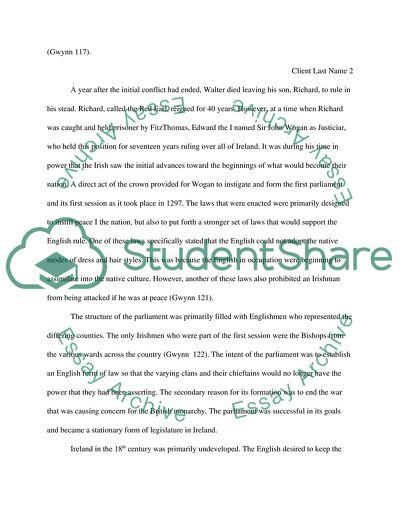Cite this document
(The Irish Parliament in the Early 18th Century Essay, n.d.)
The Irish Parliament in the Early 18th Century Essay. https://studentshare.org/history/1735128-the-irish-parliament-in-the-early-18th-century
The Irish Parliament in the Early 18th Century Essay. https://studentshare.org/history/1735128-the-irish-parliament-in-the-early-18th-century
(The Irish Parliament in the Early 18th Century Essay)
The Irish Parliament in the Early 18th Century Essay. https://studentshare.org/history/1735128-the-irish-parliament-in-the-early-18th-century.
The Irish Parliament in the Early 18th Century Essay. https://studentshare.org/history/1735128-the-irish-parliament-in-the-early-18th-century.
“The Irish Parliament in the Early 18th Century Essay”. https://studentshare.org/history/1735128-the-irish-parliament-in-the-early-18th-century.


